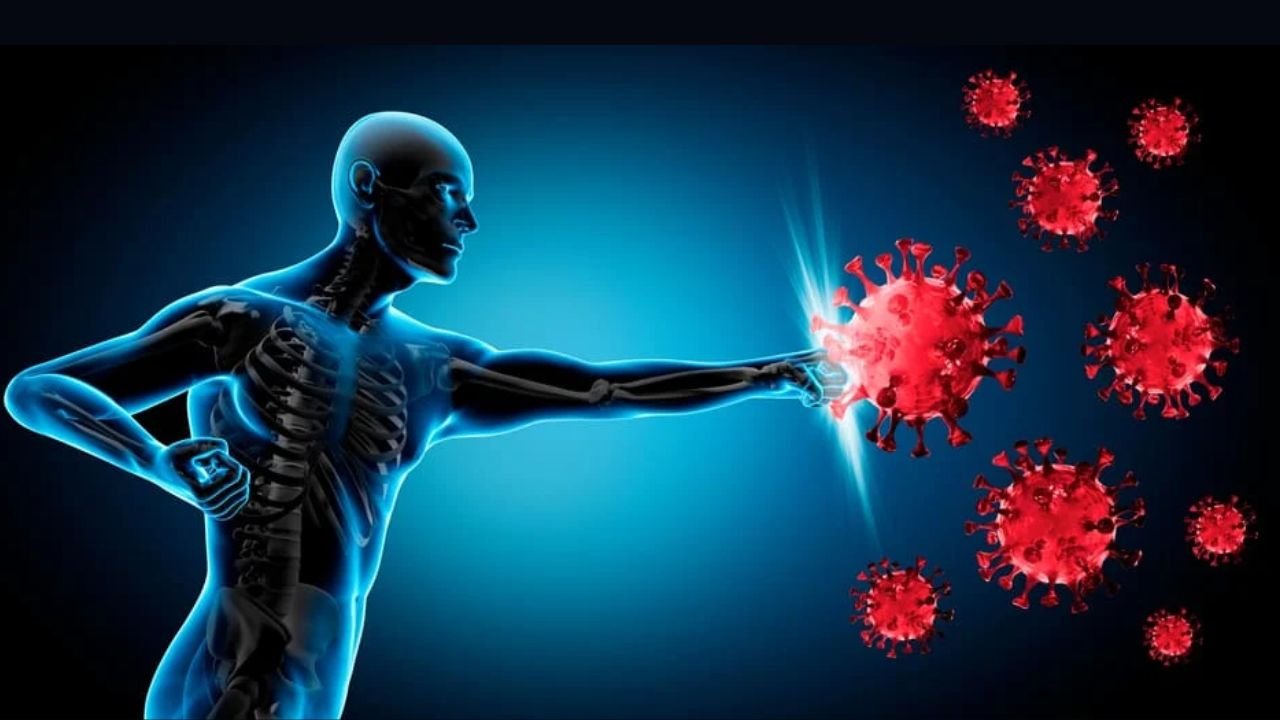You’re the one everyone turns to. You give the orders, run the code, stay late, and take calls. You’ve made it through brutal training and long shifts, and you still show up. But behind the steady hands and confident voice, something else might be going on. Maybe it started as a glass of wine after clinic, or something to help you stay awake at night. Maybe it doesn’t feel like a problem because everything still looks okay from the outside. But it’s getting harder to manage, and deep down, you know it’s time to get help.
Addiction in medicine isn’t rare—it’s just hidden really well. And if you’re caught in it, you’re not broken, you’re not weak, and you’re definitely not alone. Treatment is out there, even for people with schedules like yours. The real challenge is believing you deserve it.
When High Standards Turn Into Dangerous Pressure
Working in medicine means being constantly expected to perform. You can’t afford to miss a detail, fall behind, or show signs of struggle. Add in 12-hour shifts, sleepless nights, and the pressure to always look like you have it together, and it makes sense why some medical professionals turn to substances. It’s a fast fix for stress, burnout, exhaustion, or just the need to stay alert. And when you’re in that system every day, it can feel impossible to hit pause and admit something’s off.
What makes it harder is the fear—fear of being judged, fear of losing your license, fear of looking “unfit.” But addiction doesn’t care how smart you are. It doesn’t care about your degrees or your patient outcomes. You can be excellent at your job and still be in trouble behind the scenes. The sooner you stop trying to outwork it or hide it, the sooner you can actually feel like yourself again.
Why Self-Treating Doesn’t Work, Even If You Know the Science
It’s natural to think you can figure this out alone. You’ve got access to information, you understand pharmacology, you’ve treated patients with addiction yourself. But trying to handle your own substance use without help is like trying to suture your own deep wound—it might stop the bleeding for a second, but it won’t heal right.
What’s missing is structure, support, and accountability from someone who isn’t you. The best way to treat addiction isn’t to power through it with sheer will or shame. It’s to work with a team that understands not just substance use, but the intense lifestyle of medical work. There are programs now built specifically for doctors, nurses, and other clinicians. They’re confidential, flexible, and many are run by people who’ve been in your shoes. You need treatment that meets you where you are—not something generic that doesn’t get what your days look like.
And yes, your career matters. But your health does too. You shouldn’t have to choose one over the other. Real recovery takes more than white-knuckling it between shifts.
How Modern Programs Are Actually Built for Your Life
Old-school treatment models assumed you could disappear from life for 30 days. That’s not realistic when you’re managing a practice, taking calls, or supporting your family. But things have changed. There are now options that are built around you. And if you’ve been wondering how you’d ever make the time, an evening virtual IOP could be just the ticket. These programs let you attend from home, after work, without putting your whole career on pause.
You meet with a therapist and group a few nights a week, dig into why you’re using, and build skills to handle the stress without relying on substances. It’s private, effective, and doable—even with your schedule. And most importantly, it gives you the kind of support that doesn’t just get you sober but helps you stay that way in real life.
No waiting rooms full of people who don’t understand your world. No shame. Just smart, real help that works with your life, not against it.
How to Tell If You’re Past the Line
Maybe you’re not sure it’s really an “addiction.” Maybe you still get your charts done, your patients love you, your colleagues don’t suspect anything. But it’s not about whether you’re functioning—it’s about how it feels inside. Are you hiding it? Are you needing more to get the same effect? Do you feel panicky at the thought of stopping? Is it messing with your sleep, your relationships, or how you see yourself?
Even if your life isn’t falling apart, your peace might be. And that’s enough of a reason to get support. You don’t have to hit rock bottom to deserve help. In fact, the people who get ahead of it early often have the best long-term outcomes. They catch it before it destroys what they’ve worked so hard to build.
Your white coat might cover it well, but if you’re reading this and thinking it sounds familiar, you’re not imagining things. You don’t need to wait until it gets worse.
You Can Help More People When You Help Yourself First
The truth is, your patients deserve a healthy provider. And you deserve a life that feels manageable and meaningful again. Recovery doesn’t make you less of a clinician. If anything, it often makes you more grounded, more present, and more real. You get to keep your compassion without running on fumes. You get to show up for others without losing yourself.
You’re not weak for needing help. You’re strong for asking. And now, more than ever, there are ways to get better without stepping away from everything you’ve built.
You’re not alone in this. You’re not the first. And yes, you can get better.



